This article was medically reviewed by Shayne Guffey, DMD. Dr. Shayne Guffey, DMD is a Dentist and the owner of Mountain View Family Dental in Mesa, Arizona. With over 20 years of experience, Dr. Guffey specializes in family dentistry and cosmetic dentistry. He earned his Doctor of Dental Medicine (DDM) from Oregon Health & Science University. Additionally, he’s a professional member of the Academy of General Dentistry and the Dental Organization for Conscious Sedation.
There are 8 references cited in this article, which can be found at the bottom of the page.
wikiHow marks an article as reader-approved once it receives enough positive feedback. In this case, 81% of readers who voted found the article helpful, earning it our reader-approved status.
This article has been viewed 311,360 times.
As unlikely as it may seem, there may come a time when you’ve noticed a loose tooth, and while eating dinner one evening, before you realize it, it’s come out- and you’ve swallowed it right down with a bite of broccoli. Well, of course, it’s got to come out, and you may want to retrieve it to make sure it has (especially if you really, really want to put it under your pillow for the Tooth Fairy).
Steps
Waiting and Watching
-
1Know when to see a doctor. Most small swallowed items, such as teeth, will easily pass through the digestive tract along with food because they are the size of a pill and too small to cause any blockage— also, they're usually digestible and not a concern for most adults. However, it is possible that the tooth will become stuck somewhere in the digestive system and require medical attention. Small children, especially those who are losing their baby teeth, should be monitored closely in case of choking. Go to a doctor if:
- The tooth has not passed within 7 days.
- Vomiting occurs, especially with blood present.
- Symptoms such as pain in the belly or chest develop, coughing, wheezing, or shortness of breath.
- You have blood in the stools, especially black or tarry blood.[1]
-
2Observe your stools. It will probably take about 12 to 14 hours for the tooth to pass.[2] However, don’t be surprised if it shows up sooner, or later, than within those parameters.Advertisement
-
3Relax. Nothing moves through your body quickly. You need to pass it through your digestive system and the more relaxed you are, the faster it will move along through your stomach, intestines, and colon.
-
4Eat some corn. Corn kernels can stay largely intact as they pass through the bowels. When you start seeing corn in your stool, you’ll know it’s time to look for the tooth.[3]
-
5Eat fruits, vegetables, and whole grains. These foods can help items move along through the digestive tract. [4]
-
6Keep hydrated and close to a toilet. If recommended by a doctor, you may consider using a laxative to aid in the recovery of the tooth. Make sure to take the right amount of the laxative to avoid overdosing. Overuse of laxatives can have serious effects and lead to dependency, loss of bone density, and a host of other problems causing dehydration followed by an increased heart rate and low blood pressure.[5]
- When your stool is fairly loose and/or watery (because of the laxative), place a screen on the toilet to catch the tooth.
Retrieving Swallowed Dentures
-
1Get back your lost dentures. Dentures are the second most often object accidentally swallowed, second only to fish and other food-ingested bones.[6] Swallowed dentures can present some complications that may not be present with teeth.
-
2Be especially aware of your dentures. Unfortunately, dentures or crowns that have come loose are less likely to be noticed by patients, and the lack of early recognition can present more serious health issues.
- The nature of dental prostheses' design and the materials used can be more harmful to the digestive tract and organs, as well as being more likely than teeth to become stuck.[7] They are made out of metal, ceramic, or plastic and none of these materials is biocompatible and they can harm the digestive tissue.
- If you wear dentures, check often to be sure they are intact. Do not sleep wearing your dentures.[8] Partial dentures have metal wires that can break after a while. Make sure that you check your dentures often to see if they are intact or otherwise you may swallow a part of them while you are eating.
-
3See a doctor for lost dentures. If you suspect that you’ve accidentally swallowed a denture, it’s best to see a doctor, especially if you’ve experienced any of the pain symptoms mentioned above in regards to teeth.
- Often the physician will recommend waiting and watching at first, but may also order an X-ray to determine the size, shape, and location of the dental prosthesis. It’s possible that the denture will pass easily through your digestive system. If this is the case, follow the same procedures as with a tooth.
- When you’ve recovered the denture, clean and disinfect it. This can be done by soaking it in a 1:10 solution of household bleach and water. [9]
Regurgitating
-
1Induce vomiting. Inducing vomiting is not recommended unless recommended by a doctor. Vomiting after swallowing a foreign object could cause you to aspirate (inhale) the tooth into your lungs. [10] If given the OK by a doctor, vomiting can remove the tooth from the stomach.
-
2Use a container. In order to retrieve the tooth, you’ll want to use a container or a sink with the drain closed. As unpleasant as it may sound, try to throw up into a colander that will catch the tooth and allow the watery content to run through, so you can avoid having to search through vomit for a tooth- which may just cause you to throw up more.
-
3Use your finger to induce vomiting. The most common way to induce vomiting is to stick one or two fingers into the back of your throat. Tickle the far back of your throat until your gag reflex causes you to vomit.
Going to a Doctor
-
1See a doctor. In some cases, the tooth may not have passed, or you may be experiencing one of the above-mentioned symptoms. When one of these things occurs, it may be time to see a doctor.
-
2Prepare for your appointment. Having as much information as possible ready for the doctor will make the process easier and increase the likelihood of a favorable outcome. [11] Have the following information ready:
- How large is the tooth? Is it a molar? An incisor? Is the tooth whole or is it broken into pieces?
- What home remedies have you already tried?
- What symptoms are you experiencing, i.e. pain, nausea, vomiting?
- Have you experienced a change in your bowel movements?
- How long has it been since it happened?
- How did it happen and what were you eating? Did you try drinking any liquids?
- Did symptoms appear gradually or suddenly? [12]
- Are there any health risks the doctor needs to know about, such as preexisting medical conditions?
-
3Follow your doctor’s advice. It’s important to take seriously what your doctor tells you. Even seemingly minor things such as swallowing a tooth can result in serious problems, which can be exacerbated by not following a doctor’s instructions.
Expert Q&A
-
QuestionI accidentally swallowed my tooth somehow today. It is a baby molar. I am scared it will get stuck in my stomach. I am 11. What should I do?
 Cristian Macau, DDSDr. Macau is an oral surgeon, periodontist, and aesthetician at Favero Dental Clinic in London. He received his DDS from Carol Davila University of Medicine in 2015.
Cristian Macau, DDSDr. Macau is an oral surgeon, periodontist, and aesthetician at Favero Dental Clinic in London. He received his DDS from Carol Davila University of Medicine in 2015.
Doctor of Dental Surgery Don’t worry about it. Just drink more liquids than usual and try to eat carrots or any other raw vegetables or fruits to help with digestion. Check to see if it passes after you use the toilet. Molars have a round shape and the risk of getting stuck is very low. Try any of the above instructions as well.
Don’t worry about it. Just drink more liquids than usual and try to eat carrots or any other raw vegetables or fruits to help with digestion. Check to see if it passes after you use the toilet. Molars have a round shape and the risk of getting stuck is very low. Try any of the above instructions as well. -
QuestionI have swallowed my tooth cap. What should I do?
 Cristian Macau, DDSDr. Macau is an oral surgeon, periodontist, and aesthetician at Favero Dental Clinic in London. He received his DDS from Carol Davila University of Medicine in 2015.
Cristian Macau, DDSDr. Macau is an oral surgeon, periodontist, and aesthetician at Favero Dental Clinic in London. He received his DDS from Carol Davila University of Medicine in 2015.
Doctor of Dental Surgery It is the same as swallowing the camera for endoscopy but that one is much bigger. In more than 98% of the cases, your cap will get eliminated in a maximum of 24 hours. Try to take in more liquids or you can even take a small amount of laxatives if you get scared, so it will get out faster. Check with a doctor if you are not sure you got rid of it.
It is the same as swallowing the camera for endoscopy but that one is much bigger. In more than 98% of the cases, your cap will get eliminated in a maximum of 24 hours. Try to take in more liquids or you can even take a small amount of laxatives if you get scared, so it will get out faster. Check with a doctor if you are not sure you got rid of it.
References
- ↑ http://www.uofmhealth.org/health-library/swall
- ↑ https://www.ncbi.nlm.nih.gov/pmc/articles/PMC6180876/
- ↑ http://www.animated-teeth.com/dental_crowns/t-swallow-dental-crown.htm#throw.up
- ↑ https://www.uofmhealth.org/health-library/swall#hw121133
- ↑ https://www.animated-teeth.com/dental_crowns/t-swallow-dental-crown.htm
- ↑ https://www.theatlantic.com/health/archive/2012/12/so-youve-swallowed-your-dentures/266716/
- ↑ http://www.ncbi.nlm.nih.gov/pmc/articles/PMC1079292/
- ↑ https://www.sharecare.com/health/dental-oral-health-teeth/is-it-possible-to-swallow-your-dentures
- ↑ http://www.animated-teeth.com/dental_crowns/t-swallow-dental-crown.htm#throw.up
About This Article
To remove a swallowed tooth, try to relax and keep an eye on your stools to see if you pass the tooth naturally. Most people will pass the tooth 12-14 hours after consumption, but the time frame is a little different for everyone. If you haven't seen the tooth pass within 7 days, you may want to see your doctor, especially if you start experiencing other symptoms like bloody stools, chest or stomach pain, or shortness of breath. For tips on keeping things moving efficiently through your digestive tract, read on!
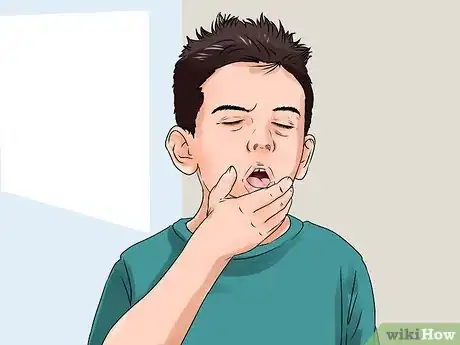
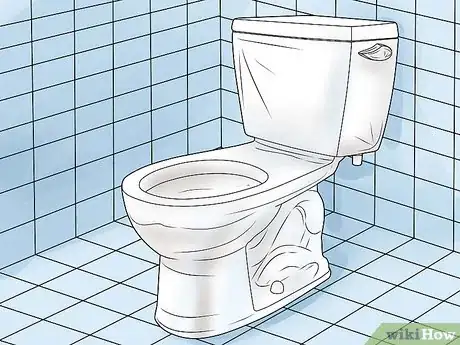

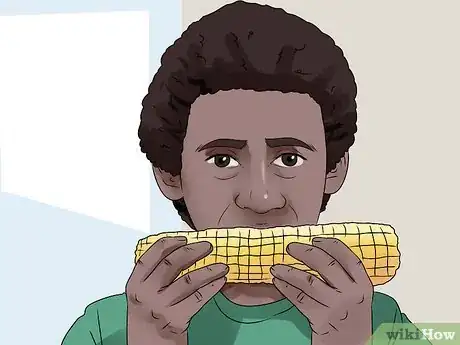


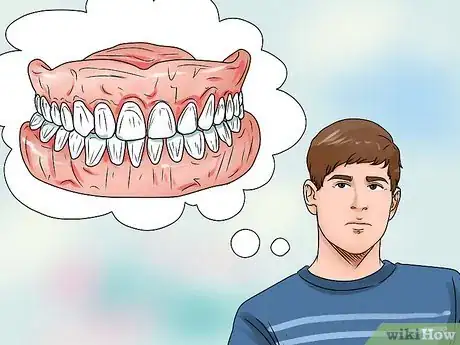
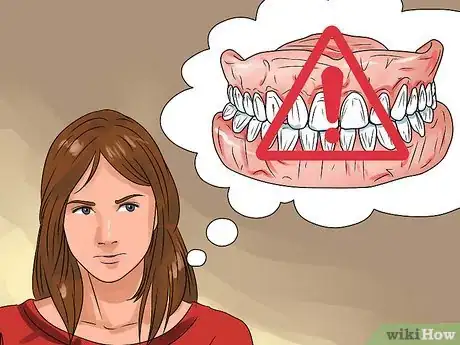
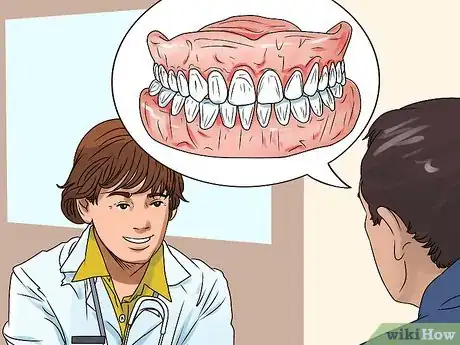
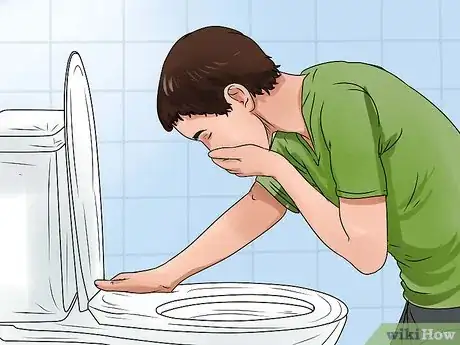
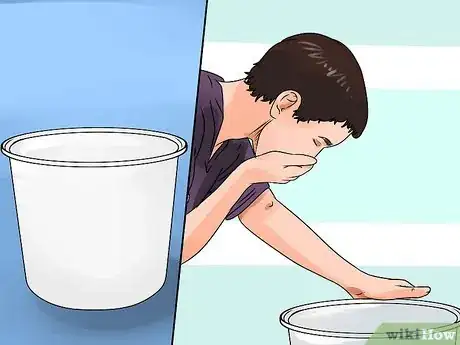
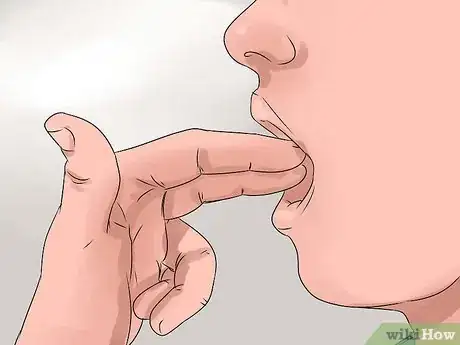
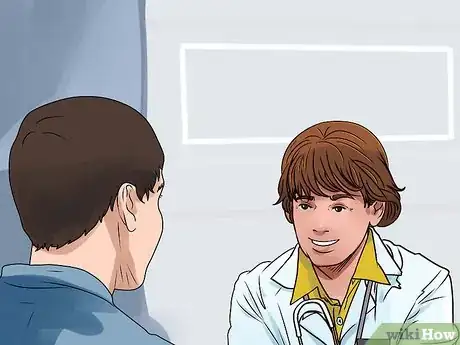


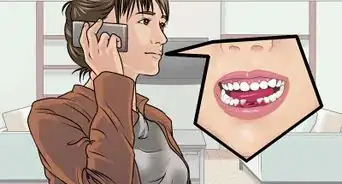
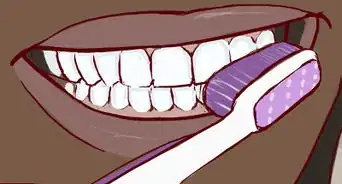
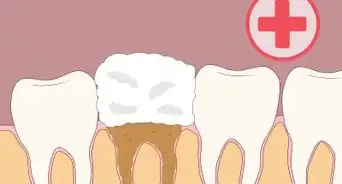
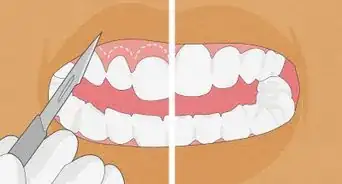
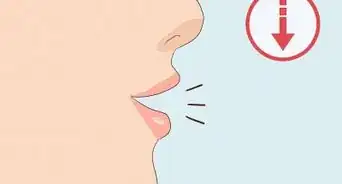
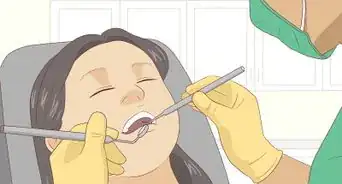
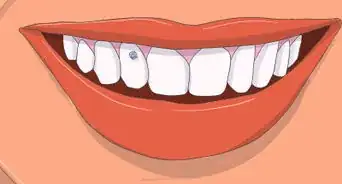
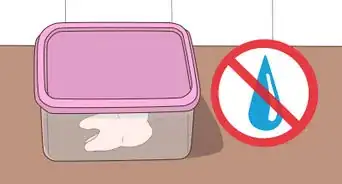
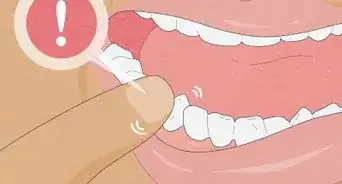
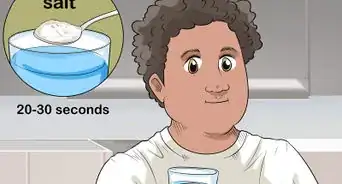
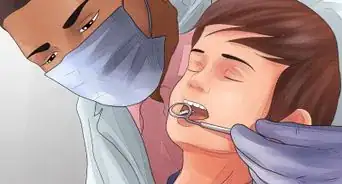














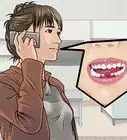
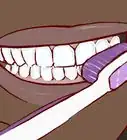
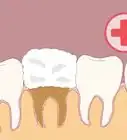
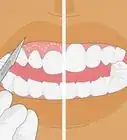



































Medical Disclaimer
The content of this article is not intended to be a substitute for professional medical advice, examination, diagnosis, or treatment. You should always contact your doctor or other qualified healthcare professional before starting, changing, or stopping any kind of health treatment.
Read More...